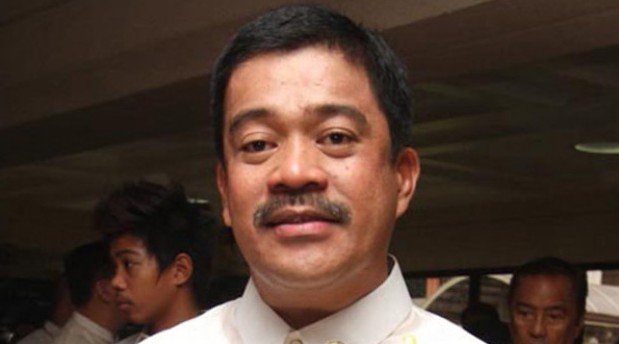
Bayan Muna Rep. Carlos Isagani Zarate (File photo from the Philippine Daily Inquirer)
The two-day nationwide transport strike, which took place Monday and Tuesday, highlighted the need to scrutinize the traffic crisis bill, according to Bayan Muna Party-list Rep. Carlos Isagani Zarate, who noted its focus on controlling public utility vehicles (PUVs) while being silent on the regulation of privately-owned ones.
In a statement on Tuesday, Zarate said House Bill No. 6425, which seeks to empower the Transportation secretary to take over various traffic-related functions, would “attack the livelihood of small operators and drivers and lead to an increase in fare prices.”
The version of the bill now headed to the House plenary provides for the creation of a PUV route rationalization plan and seeks to empower the traffic chief to revoke or modify existing franchises to conform to the viable capacity of a certain route.
The bill acknowledges the possibility of PUV drivers or operators being displaced and provides compensation for affected franchise holders.
Zarate said this meant “the perceived solution to the worsening traffic problem being espoused by the bill is to control public utility vehicles, or in other words, our public transportation.”
“But the bill is oddly silent on the regulation of private vehicles,” he said. “In other words, its main purpose is just to corporatize public transportation.”
Zarate zeroed in on Section 16 of the bill, which allows the traffic chief, through the Land Transport Franchising and Regulatory Board, to “restrict the issuance of PUV franchise to operators employing PUVs with the appropriate capacity to serve the routes.”
For him, this meant the bill intended to hand over PUV franchises to big corporations “because the bill effectively scrapped the ‘One Franchise, One Operator, One Unit’ set-up that comprises the majority of PUVs today.”
“The ‘appropriate capacity’ clause and the minimum wage requirement for transport workers under the Fleet Management Companies are schemes that favor big operators and corporations,” he pointed out.
Zarate said the “corporatization” of jeepneys would push thousands of small drivers and operators out of their livelihood.
“LTFRB and Malacañang should stop deceiving the drivers and the passengers,” he said. /atm